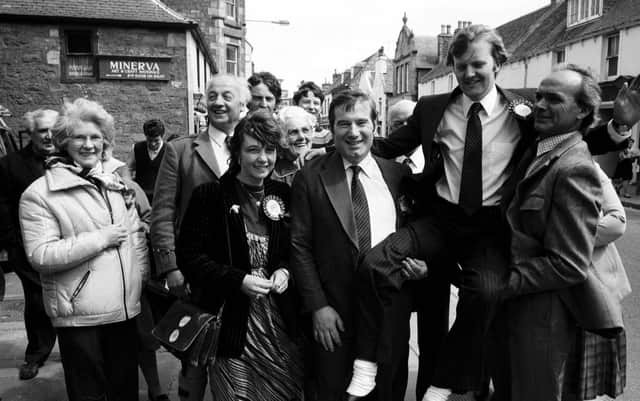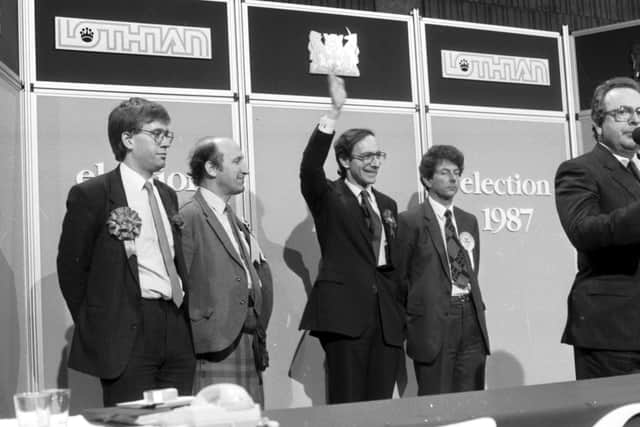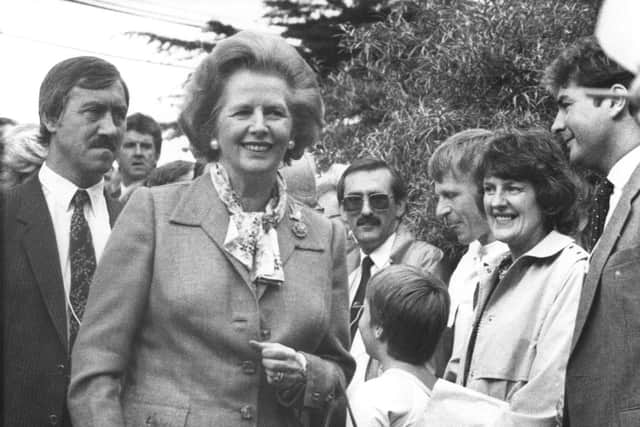Scotland in the 1980s: The pivotal political moments of the decade - including the Miners' Strike and the election of Alex Salmond


Fresh from the bitter disappointment of the failed devolution attempt and Thatcher’s subsequent election win in 1979, the SNP saw its number of elected MPs plunge from a high of 11 at the 1974 General Election to just 3 in 1987, when even party leader Gordon Wilson lost his seat.
One of the few bright lights for the SNP at that 1987 General Election was a certain Alex Salmond, who managed to emerge victorious over the incumbent Conservative MP for Banff and Buchan, Albert McQuarrie. Within just three years, Mr Salmond would rise to become SNP leader.
Advertisement
Hide AdAdvertisement
Hide AdSeemingly turning their backs on nationalism, the Scottish electorate appeared hellbent on helping the Labour Party dethrone Margaret Thatcher’s Conservative government whose rampant de-industrialisation policies saw Scotland, a nation which once prided itself on its heavy industries, lose around a third of its manufacturing capacity by the end of the 1980s.


Sewing the seeds of a post-industrial economy that would begin to take root in the 1990s, the Tories were blamed for the unprecedented levels of hardship experienced in Scotland’s former industrial heartlands where tens of thousands of people were left unemployed.
The closure of the Linwood car factory meant the loss of almost 5,000 jobs, while a further 4,000 were left on the breadline due to the demise of Leyland and Plessey in Bathgate.
These dire events would provide inspiration for The Proclaimers, whose 1987 hit Letter From America bemoaned Scotland’s industrial losses.
Scottish mining communities were also hard hit. Mrs Thatcher’s prolonged battle with the National Union of Miners raged for much of the decade and, within just three years of the 1984 miners’ strike, a total of 13 Scottish pits were closed for good.


Despite Labour in Scotland claiming more than double the number of the seats won by the Conservatives at the 1983 and 1987 elections, the Tories’ immense popularity south of the border guaranteed Mrs Thatcher’s continued reign. The notion that Scotland was being repeatedly handed the party it didn’t want would lead to renewed calls for devolution.
Comments
Want to join the conversation? Please or to comment on this article.